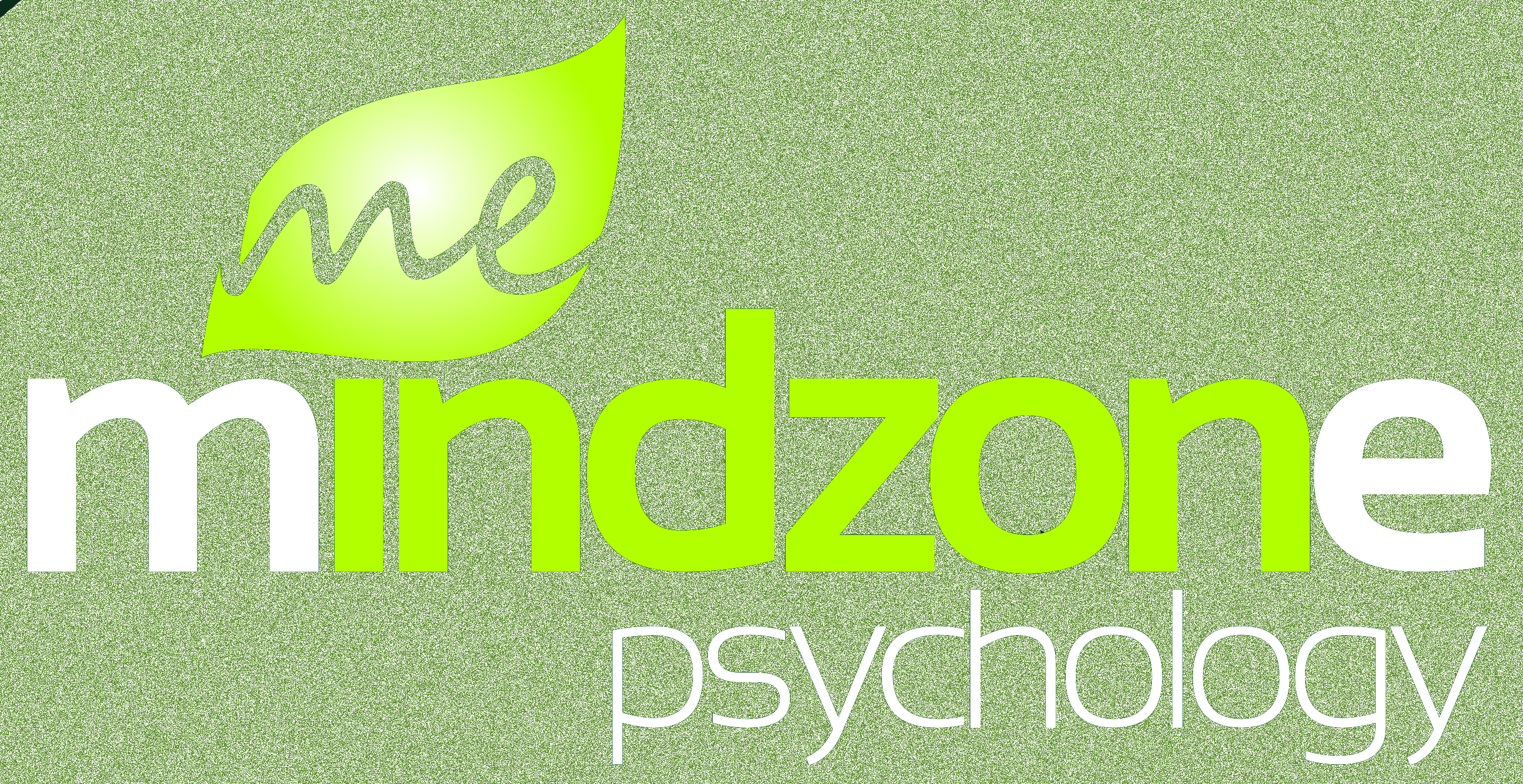
Bill and Melinda Gates have announced their divorce (more here: https://www.theguardian.com/technology/2021/may/03/bill-gates-divorce-melinda-gates-billionaire-couple). In their tweet, the Couple said that they put “a lot of work” into their relationship. And I think that unlike the ‘Happily Ever After’ fairy-tale, most of us understand that relationships require effort. So, here’s to WYSH-ing – Winning Your Sweetheart’s Heart 🙂
WYSH-ing – Winning Your Sweetheart’s Heart… and again.
- Perfect relationship? Where?
- You are different, most of this will not change.
- Unburdening or WYSH-ing (Winning Your Sweetheart’s Heart)?
- Adults misbehave too.
- Wired to connect, hurt from disconnect.
- When we protest, we misbehave. We protest when in pain.
- Who do I blame for the pattern?
- Emotional hurt less valid than physical? What about trust?
- Scary cues.
- I don’t want to think about the scary cues, how do I build?
- What will help/or make changes more difficult?
1. There is no such thing as a ‘perfect relationship’.
Unless you include the ‘perfectly-imperfect’. We may admire a couple of friends, who seem to have it ‘all together’, or watch a movie and get an idea of others having perfect relationships. Unfortunately, after the actors finished shooting the movie, they go and have real lives with real relationship challenges. After all, don’t we all try to show our best side to our friends as well? Chances are, others might think we have it ‘all together’ as well!
2. When two people come together,
they often share some similarities, and also some differences. Most of their differences will never be resolved. For example, the male is unlikely to stop being a male. Even in same sex couples the partners often chose those who are very different to themselves. Initially, we WYSH (try to Win Your Sweetheart’s Heart) by celebrating these differences, rather than trying to get our partners to change. We call it the ‘honeymoon’ stage, when we truly do celebrate these differences, often creating our children in the process!
3. I am not happy with my relationship! Now what!?
Luckily for you, being a human means that we are great learners and can quite flexibly adapt. We can adapt to the changing world (like long working routines or the arrival of a baby), our changing ideas about ourselves (like traumatic experiences, ageing, or simply gaining wisdom), or changing perceptions about our partners (like her/him starting to earn more, or stopping work to focus on parenting). It means that whatever patterns you and your Partner created can be changed together into something that you both strive for.
Sometimes it’s hard
and we don’t have unlimited resources. We can’t be everywhere doing everything at the same time all the time! For me, this is a source of greatest compassion for people – at any point in time, we make a choice, while a bunch of other things fall by the wayside. For example, while writing this, I’m not having my lunch, not exercising, not caring for my Partner, not parenting, not… anything else. So, it’s easy to criticise someone for what they’re not doing. There’s a whole bunch of things. All of us face these choices daily. We do one thing, while not doing many others. Sometimes you will not have the resources to work on your relationship. And sometimes, instead of WYSH-ing (Winning Your Sweetheart’s Heart) you will find yourself unburdening. We might not even know the difference.
A good start
in building your relationship is to regularly pay attention – am I unburdening, or am I WYSH-ing? For example, noticing your Partner’s struggle, you might consider that being ‘Supportive’ is important and start to WYSH by putting down your phone and responding to them supportively. Or, you might be tired and zone out as a way of unburdening. Regularly learning the difference during ‘peace’ times will help you make a valued choice during the times you are flooded emotionally. This is called ‘overtraining’ and can be used when you are expected to perform under pressure.
4. Working with couples,
I often see the aftermath of some extremes of fights. Two loved ones will hurt each other in many ways, will betray trust, break things, threaten, hurt each other emotionally, and even physically. When asked, both will often either not remember what the fight was about or will agree it was about something small and insignificant. Why then, do we go through such tremendous emotional rollercoasters with our partners?! Or else withdraw, run away, emotionally and even physically. Why wouldn’t we always be WYSH-ing?! Notice how similar this seems to our responses to threats – fight, flight, freeze, and fright – the nature’s ‘crude-but-fast’ survival reaction. Surviving… what? What is the threat? And I think that it’s important if it’s not immediately clear. How did we overlook this for so long?
5. Psychologist
and co-founder of the Emotionally Focused Therapy Dr Sue Johnson explains that we are born with fundamental needs – to survive and to belong. As a result, we have the corresponding fears – fear of injury/death and fear of abandonment/rejection. These are as powerful as each other and sometimes we will act in a way that will risk… or even cost… us our life – so that we are not abandoned/rejected. Fears can be triggered by cues, suggesting a threat. Some cues are with us when we are born. For example, wind in the face, loud noises, or quick drop can startle, upset, or panic a baby. Similarly, there are cues that trigger our fear of abandonment/rejection. These are just as powerful and can trigger primal panic, similarly to that of injury/death. Again, isn’t it peculiar that we overlooked this part for so long? Can you imagine if we overlooked studying ‘injury/death’ stuff as long as we overlooked ‘abandonment/rejection’?
6. Professor of Psychology
at the University of Massachusetts Dr Edward Tronick has demonstrated this in his series of experiments popularly called the “Still Face Experiments”. You can easily find the video on YouTube here https://youtu.be/apzXGEbZht0. The experimenter asks the mother to face the baby without responding to her. The baby immediately notices the ‘disconnect’ and instinctively (she has no logic developed yet) acts to get her mother back. After number of failed attempts, the baby’s distress becomes unbearable and the experiment is stopped after only 2 minutes. The attempts to reconnect vary from withdrawal, to playfulness, to curiosity, to protest, to panic. This is our normal human way of connecting with loved ones. Adults do that too. Especially, when feeling a ‘disconnect’ from our partner. Sometimes this works. I might realise how much pain my partner is in and come to soothe him/her (WYSH) after hearing his/her yelling “you’re never there for me!” Alternatively, we might experience this as a ‘disconnect’ and a ‘threat’ of abandonment/rejection and… panic as well. Sometimes unburdening our panic, expelling our anger, or protecting ourselves triggers our partners more (and so on…). Responding to your partner’s attempts to reconnect in a way that is perceived as reconnecting is the gift of WYSH-ing.
7. Fault…
We focus so much on fault … Blaming ourselves and eachother can be so painful and can flood us emotionally. Unburdening through blaming others can lead to attack-defend processes. Chances are, of course, if we or our partners could simply choose between two buttons “good” or “bad” response – we would always choose “good”! But it’s not that simple, our pasts and the world can be harsh and complex. And if we don’t fully control it, how can it be our ‘fault’? Instead, we can look at processes that work better than others. An example is, Dr Sue Johnson’s research and the process called “Protest Polka”. It is kind of a dance, where one partner’s move hurts the other, pushing them to move in a hurtful way, and so on. Consider in your relationship, when you and your partner get into painful conversations, does one withdraw more, while the other pursues? Does one’s withdrawal lead the other to pursue more? Does the pursuit lead to more withdrawal? Messy, I know. This can be a painful place for anyone to find themselves and I find it difficult to allocate faults to either of the partners. Finding a way out of this pattern can help you WYSH – Win Your Sweetheart’s Heart. I have even written a song about it here: https://youtu.be/r9X3-iTHE1I
8. When we step on someone’s foot,
there’s no need to be confused. We care for the person in pain, “are you ok? I am so sorry, I didn’t see you there. Let me have a look at it” and so on. Unfortunately, we seem to regard physical pain as more valid than emotional… for some reason. Our partners can – and if we care about each other, will – get hurt emotionally by something we have done. During that time, we could look after our partners (apologise, soothe, etc) or look after ourselves (defend, blame, etc). Dr John Gottman calls times that we face this choice “sliding door moments” (yeah, after the movie). One such event does not define the relationship. It is important, however to consider that every time we choose ourselves, we erode trust. On the other hand, every time you choose to look after your partner, you build trust and get another step toward WYSH-ing – Winning Your Sweetheart’s Heart. Yes, you read correctly – trust is built in small daily choices, when you put your partner before yourself.
9. How do I know
what works and how not to trigger my partner’s primal panic? Dr John Gottman and his team spent literally decades videotaping couples, coding their behaviours, observing their impact on relationships. Ultimately, they were able to define 4 behaviours that they called the “disasters of relationships” (or the 4 Horsemen of the Apocalypse). Each comes with an antidote to help you in your WYSH-ing (Winning Your Sweetheart’s Heart). As you read through those, notice that each of these behaviours are pretty common in our communities – they are culturally supported:
Disasters:
- Criticism (accusing, blaming) – instead, state your pain and need
- Defence (sometimes by attacking) – instead, take responsibility “oh, that’s a good point… sorry”
- Contempt – “I’m better than you… honey, this is how you do it…” (feel superior, name-calling – best predictor of divorce) – instead, make deposits into your emotional account at 5:1 ratio
- Stonewalling (can be thought of as Protest Polka) – instead, manage your and your partner’s agitation
10. Later on,
Drs Julie and John Gottman, described the 7 behaviours they called the “masters of relationships”.
Masters:
Give your partner at least 5 times more Praise than Reprimand.
The sound Relationship House (bottom up):
- Build Love Maps (know your partner – maintain awareness of your partner’s world) – ask open ended questions.
- Share Fondness and Admiration (instead of focusing on mistakes, focus on what the partner does well) – Make deposits into the Emotional Bank Account at 5:1 ratio.
- Turn Towards (towards bids: be aware of how partner asks for attention and respond) – Accept bids for emotional connection.
- The Positive Perspective – A positive perspective occurs when the friendship of your marriage is strong
- Manage Conflict:
- Accept influence from your partner – be open to compromise.
- Discuss your problems – take turns listening to one another about perpetual issues.
- Practice self-soothing – reduce your agitation.
- Make Life Dreams Come True – Help partner act on what matters to them
- Create Shared Meaning – Build a shared sense of purpose. What is your mission and legacy?
TRUST and COMMITMENT
5 ways to build trust, love, and loyalty in your relationship:
- Make trustworthiness a main priority in your relationship
- Act to maximize your partner’s well-being.
- Know that trust is built in small positive moments.
- Avoid negative comparisons.
- Generate frequent thoughts and acts that cherish your partner’s positive qualities and minimize your focus on their negative faults.
11. Humans are great learners,
which means that when we do something once, twice… we get better at it. We can learn to do quite complex things, like driving a car, on ‘autopilot’, without having to pay deliberate attention to the process. Pretty cool, hey? Sometimes though, the ‘script’ doesn’t fit. For example, driving overseas on the opposite side of the road. So, what do we do? Slow our ‘autopilot’ down and bring it to our awareness. In my sessions with couples, I often notice how quickly the partners assume their habitual positions in their interaction with each other. So much so, that it appears they kind of act out a well-rehearsed script. Both know to anticipate hurt, both guard, both are hurt by that same guard… This is a testament to how great we are at learning. When things you do in your relationship don’t work, being a human and a great learner means you can slow these processes down, bring them to your awareness and make conscious choices. Try this until you find what works and it too will become a more effective ‘script’ for WYSH – Winning Your Sweetheart’s Heart.
Some of these scripts
are noticeable and affect us from time to time. Humans have a unique ability to plunge into a mental experience without the need in external triggers. We experience real emotional reactions (with real biological changes in the body) in response to memories of the past, or fears for the future. No external threats required, we get ‘hooked’ by this mental experience. We like to call these “hooks” because, just like fish, when people bite the hook (or get hooked), their minds are propelled from the place where they want to be to a place of hurt and destruction. This is not a typo – being distracted can be destructive.
Two main ‘hooks’
are ‘judgements’ and ‘doubts’. Both can distract us from what is actually happening right now and hold us back from acting in a way that we consider important. For example, I might struggle to hear my Partner’s complaint when being ‘hooked’ by how this complaint might make me look, judgements of myself as a partner, or even judgements of my Partner. I might even wonder something like “how is this my fault?”, but no fault was implied. I might get hooked by doubts like “nothing I do can help here” and withdraw as a result. Paradoxically, I might value ‘love’ in our relationship and might believe that it is important to be ‘supportive’ as a partner. But being ‘hooked’ means that I am ‘whisked’ away from my Partner’s hurt and away from my ideas of being ‘supportive’ and into a world of blame and helplessness.
To ‘unhook’
is to deliberately pay attention to what your mind is offering you. Curious-like. “Hmmm… check that thought out… I guess, I might be bit sensitive there…”. Sounds simple, but simple is not easy. It takes practice to foster our awareness, our courage, and our love. First, to create a little room, some space, slow down enough to observe what goes on. Second, to courageously face some ‘un-face-up-to-ables’ – “did I really just think that I’m that much better that my Partner?” for example. Then thirdly, open up and accept it all with love. Anyone can love their delicious food or a wonderfully pleasant experience. Anyone can hold a helm when the sea is calm. Our challenge is to love parts of ourselves and our partners when it’s hard, un-pretty, un-sexy, un-plastic-fantastic.
Finally remember,
there is no such thing as a perfect relationship… unless you count the ‘perfectly imperfect’ 😊. There will be some good times, and also some terrible. Terrible doesn’t mean that “nothing works”. It just means that things are not working right now. Join your partner to grow the times that you are effective at facing these challenges. Learn to notice as quickly as possible when you are ineffective and return to what you found works for you to be effective again. Regularly seek opportunity to celebrate your partner. As the DJ Avicii and singer-writer Aloe Blacc put it…
Life’s a game made for everyone, and love is the prize…
Want to read up more:
Love Sense: The Revolutionary New Science of Romantic Relationships. Dr Sue Johnson.
The Seven Principles for Making Marriage Work: A Practical Guide from the Country’s Foremost Relationship Expert. Dr John Gottman
Come as You Are: The Surprising New Science That Will Transform Your Sex Life. By Emily Nagoski
